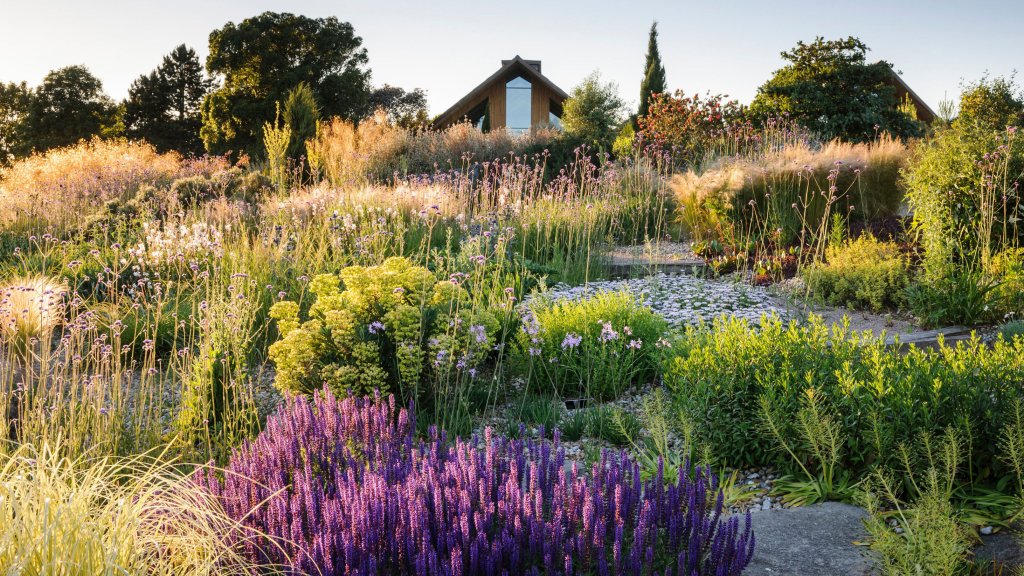We’ve just entered autumn, although recent weather would make you think it’s the peak of summer. While climate change alone does not explain any given case of hot weather, it is a factor, and either way, such unseasonal weather only reminds us of the emerging climate crisis.
As a result, and with knowledge of wider trends, many households are looking into more eco-friendly ways. But what about creating an eco garden? Let’s look at how you can make an eco garden this autumn!
Apply Mulch to Garden Beds
A notable environmentally friendly method for gardening comes in the form of adding mulch around garden beds.
Adding a layer of mulch around garden beds can help retain moisture while protecting the soil. For a particularly eco-friendly approach, you should employ organic materials (e.g., compost, leaves, straw, etc.).
Solar Powered Garden Lights
If you currently have garden lighting that uses conventional batteries or even mains power, swap them out for solar-powered garden lights as much as possible.
Solar-powered garden lights do not have any associations with the burning of fossil fuels, and they may save you a bit of money over time since they involve zero running costs. You’ll want to find the right solar-powered garden lights for your property.
Composting
One of the most popular eco-friendly approaches to gardening is that of composting. You can create an organic pile with compostable material to add to garden soil.
Compostable material includes:
- Garden waste
- Plants
- Vegetables
- Fruits
- Different varieties of spices
- Other non-animal food scraps (e.g. cereal and coffee)
Ideally, you’ll want a good balance of dry and wet organic materials to maximise your composting efforts.
Minimise The Use of Chemicals
Research has shown that nitrogen fertilisers comprise a little over 2% of greenhouse gas emissions worldwide. And in general, chemical fertilisers are not good for the environment.
Therefore, finding environmentally friendly ways to fertilise your garden can make a big difference.
Eco-friendly forms of fertilisation include:
- Use compost (as discussed above)
- Organic fertiliser products
- Other eco-friendly fertilisation products
- Home-made eco-friendly fertilisation product*
*Be sure to follow the instructions from a reliable source and follow any safety steps needed.
Cost of Hiring a Gardener
If you’d like to hire a gardener to create an eco garden for you this autumn, it’s worth obtaining quotes from at least three professionals before deciding. On average, gardeners charge around £110 to £260 daily.
The reason to get quotes from three professionals is that by having a range of options, you can find the best of three options, increasing your chances of securing good value for money.
When comparing three quotes, consider the pricing of each gardener’s experience level and any reviews or ratings they might have online.

